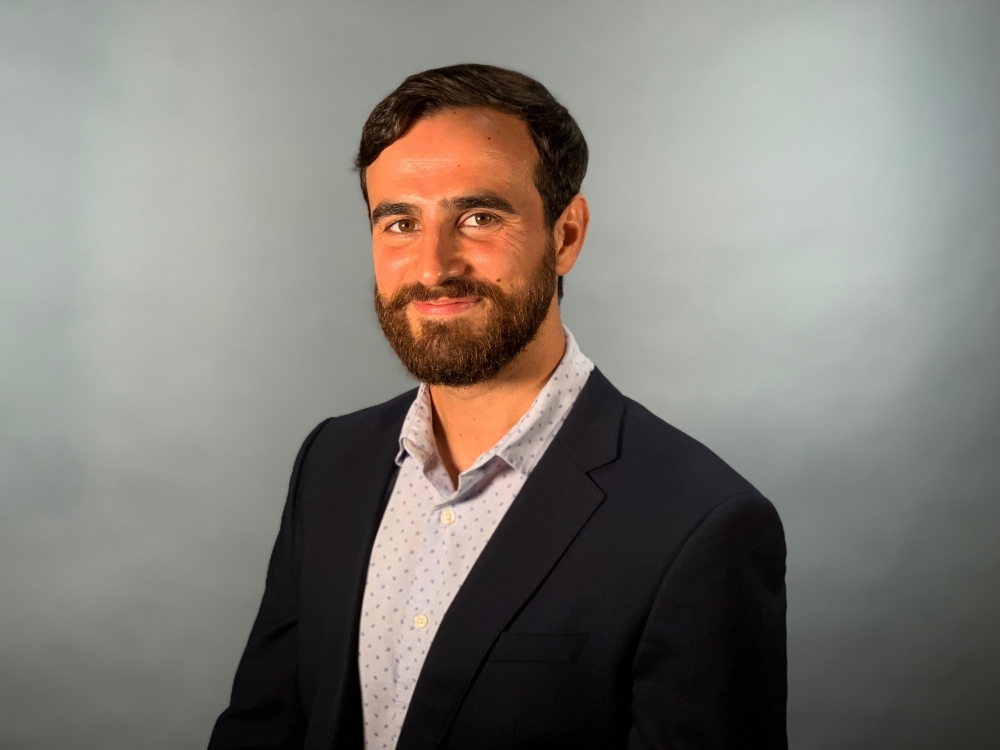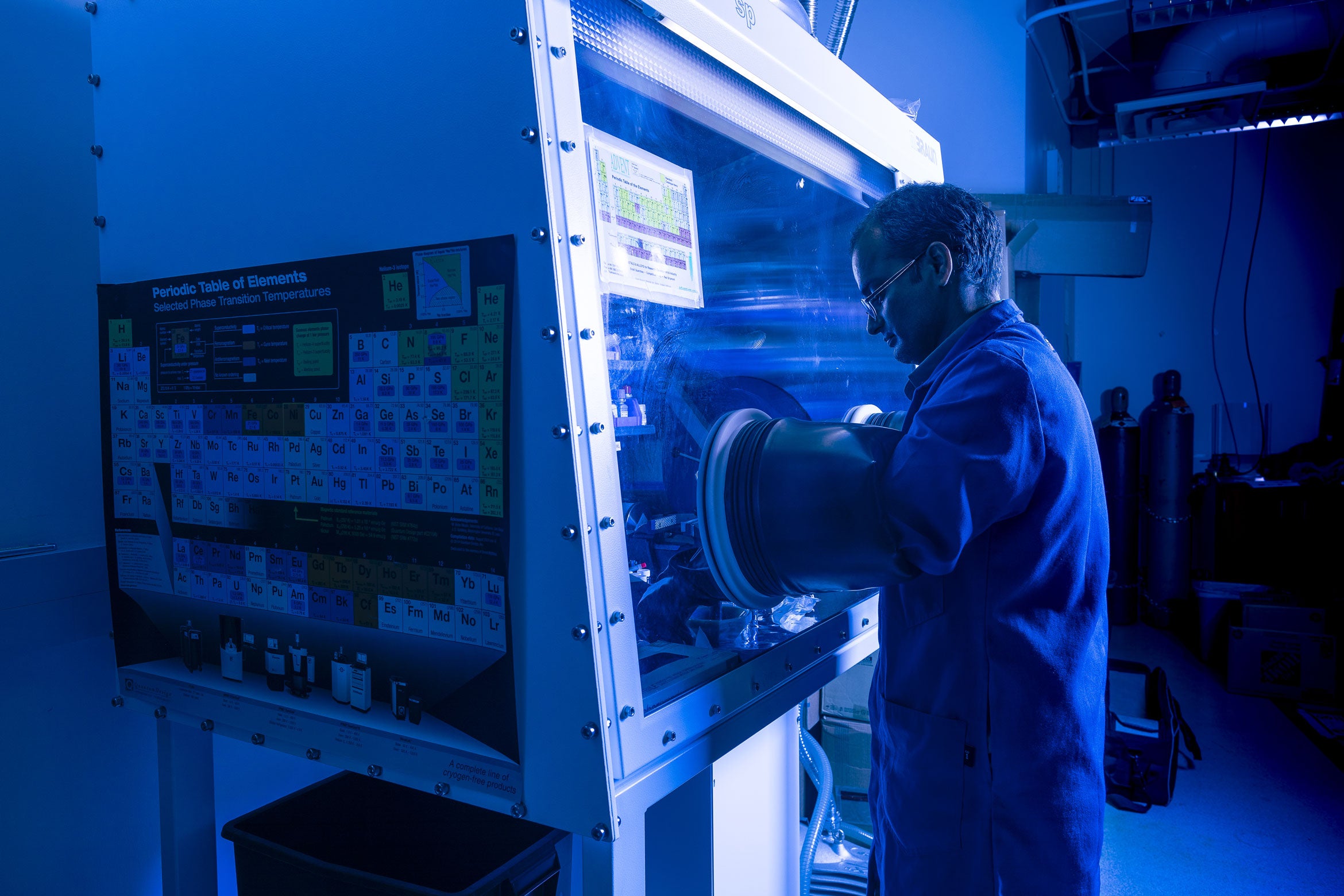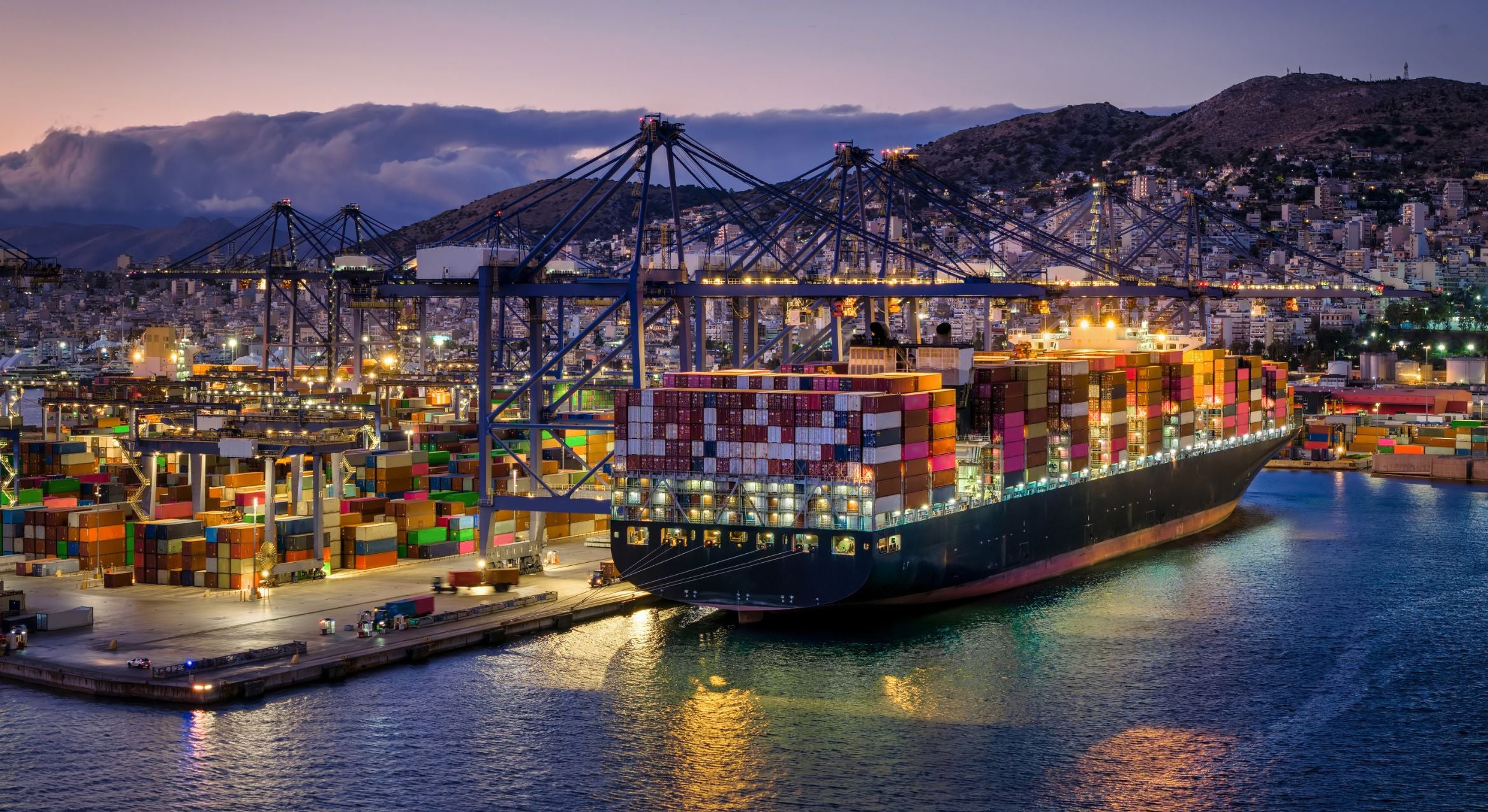
Paradigm Shifter
A large portion of today’s commodity chemicals — which underlie many of the products we use — are based on processes enabled by petroleum, a finite resource is environmentally costly to extract and produce. Joaquin Resasco foresees this changing, with his own work potentially playing a role.
A chemical engineering postdoctoral researcher at UC Santa Barbara, Resasco anticipates a future in which the chemicals we rely on to run our modern lives will come by way of green methods, sustainable processes and renewable sources.
“Today this industry revolves around petroleum, but it could be replaced by one that runs off renewable electricity,” said Resasco, a researcher in chemical engineering professor Phillip Christopher’s group. “Renewable electricity could provide the energy to take air and water and turn them into chemical building blocks. Then, with additional renewable electricity, these building blocks could be stitched together to create the products that our society relies on.”
For his far-sighted efforts aimed at “shifting the decades-old paradigm of using petroleum for chemical energy,” Resasco, 29, has been named to Forbes’ 30 Under 30 list in the Science category. He joins a cohort of 600 young movers and shakers in a total of 20 categories for Forbes’ class of 2020.
“This is a great recognition of Joaquin’s accomplishments early in his career, along with the significant potential of his future research,” Christopher said. “Joaquin is a deep thinker and I expect interesting and impactful science and engineering research to continue to come from his work.”
“I was ecstatic when I heard the news,” said Resasco, who arrived at UC Santa Barbara in 2018 after obtaining his Ph.D. in chemical engineering from UC Berkeley. “I feel honored to be part of a group with such talented and influential people.”
He chose to come to UCSB, he said, specifically to learn from Christopher’s expertise with catalytic materials — a class of materials that enable chemical reactions without themselves being consumed by the reaction. Resasco’s specific goal is to discover electrocatalysts that can use renewable electricity sources to replace the conventional ones that rely on petroleum as sources of energy to power these reactions.
“These processes, added together, use as much energy and produce as many greenhouse gases as transportation worldwide,” Resasco pointed out. “Making efficient catalysts driven by renewable electricity could single-handedly replace the fossil fuel-based chemical industry.”
Though they are often overshadowed by the processes and products they enable, catalysts are vitally important to our modern lives; without them, reactions used to produce common products and goods may happen far too slowly or not at all.
“Catalysis fascinates me because it allows you to use an understanding of what is happening at a molecular level to control large-scale industrial processes,” Resasco said. “At a place like UC Santa Barbara, I can work on cutting edge research in catalysis and contribute to next-generation sustainable solutions.”



